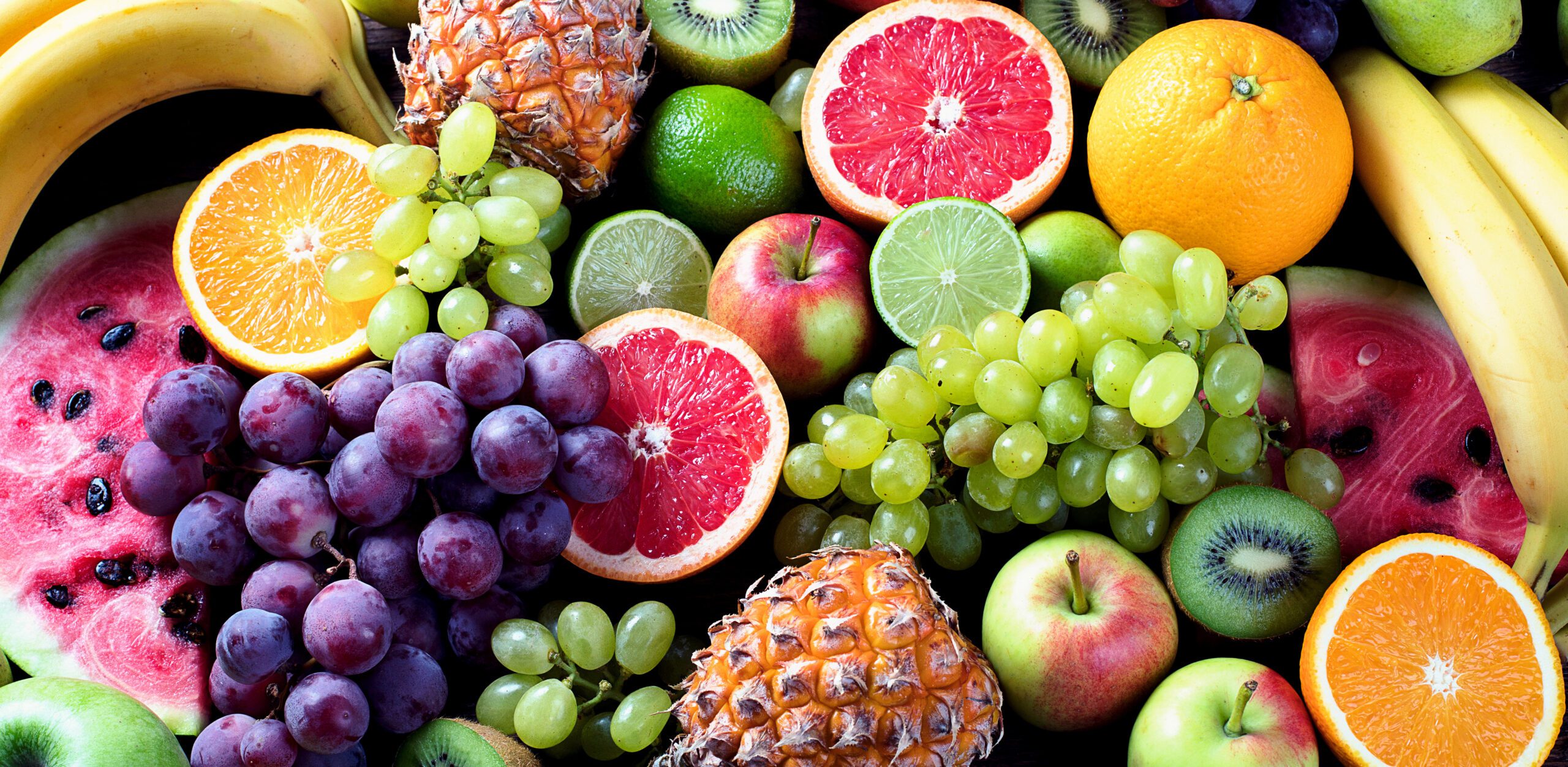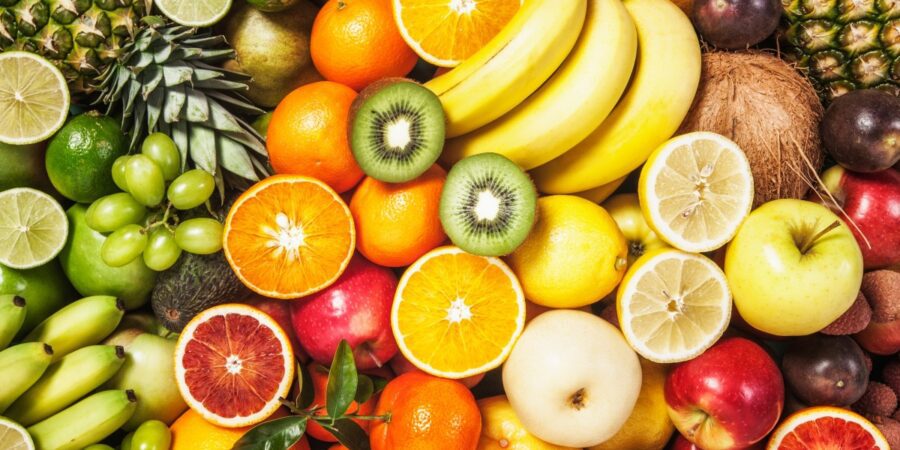When it comes to fruits, we all want the best for our health. That’s where organic fruits https://greenelly.com/product-category/fruits/ come into play. They’re often praised for being free from pesticides, but what’s the big deal, and why should you care? Let’s break it down in plain and simple terms.
What Are Pesticides, Anyway?
Pesticides are chemicals used in conventional farming to protect crops from pests and diseases. They can include insecticides (to kill bugs), herbicides (to kill weeds), and fungicides (to control fungal growth). While they help ensure large harvests, they can also leave residues on your fruits.
Why Should You Be Concerned?
Pesticides are designed to harm pests, but they can also have negative effects on humans. Even at low levels, pesticide residues on fruits can raise health concerns. They have been linked to various health issues, including:
Health Risks: Some pesticides are associated with health problems like cancer, neurological issues, and hormonal disruptions.
Children’s Health: Kids are more vulnerable to pesticides because their bodies are still developing. Exposure to pesticides can affect their growth and development.
Environmental Impact: Pesticides can harm the environment by contaminating soil and water, killing non-target species, and contributing to pollution.
Why Go Organic?

Organic fruits are grown without synthetic pesticides or genetically modified organisms (GMOs). Instead, organic farmers use natural methods to protect their crops, like crop rotation, beneficial insects, and composting. This reduces the risk of pesticide residues on your fruit.
Benefits of Choosing Organic Fruits:
Healthier for You: Organic fruits have lower pesticide residues, reducing potential health risks.
Better for the Environment: Organic farming practices are more sustainable and eco-friendly.
Taste and Quality: Many people find that organic fruits have a richer and more natural taste.
Supporting Small Farmers: Buying organic can support local and small-scale farmers who prioritize sustainable practices.
How to Shop for Organic Fruits:
Look for the Label: Check for the “USDA Organic” label, which ensures that the fruit meets organic standards.
Visit Farmers’ Markets: Local farmers’ markets often have organic options and allow you to talk directly to the growers.
Grow Your Own: Consider planting your organic fruit trees or bushes at home.
Choosing organic fruits is a simple way to reduce your exposure to potentially harmful pesticides. It’s a small change that can make a big difference in your health and the environment. So, next time you’re at the grocery store or the farmers’ market, opt for those organic apples or strawberries. Your health and taste buds will thank you!
